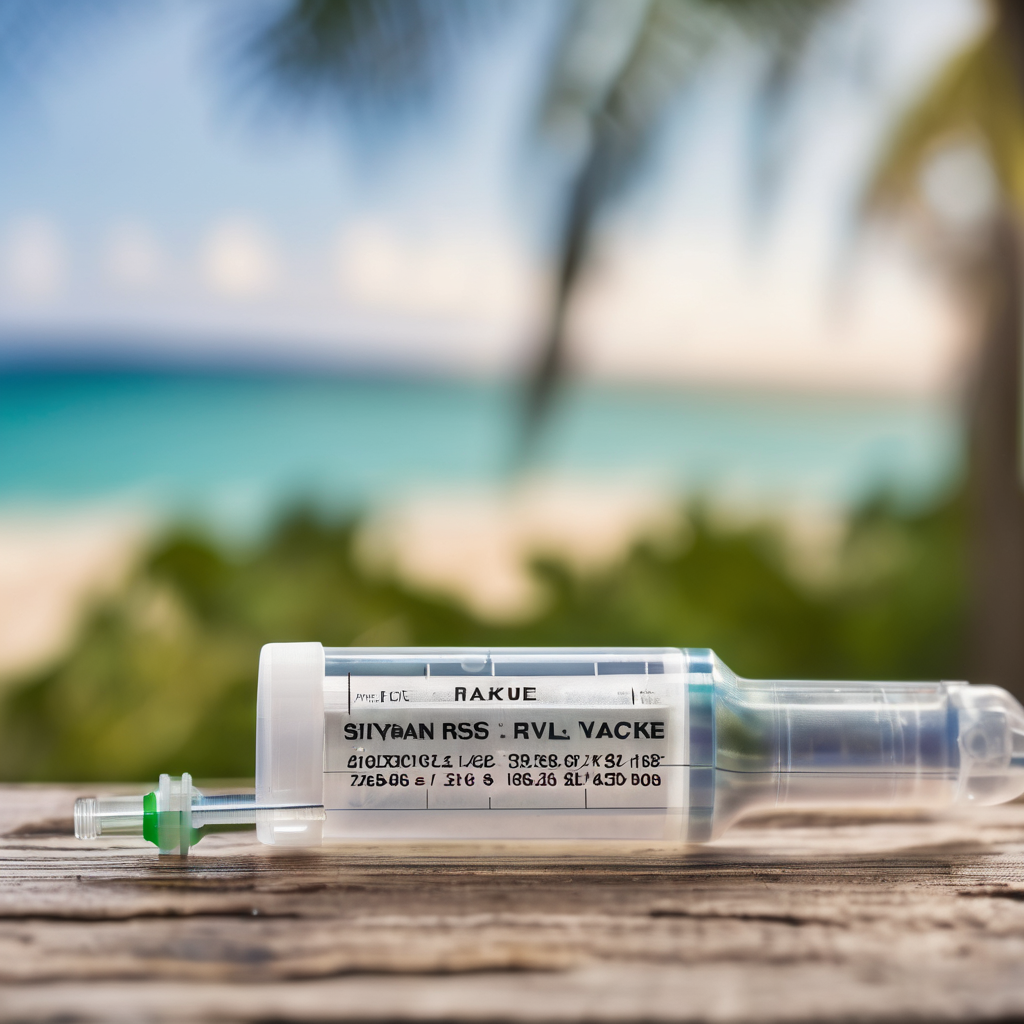As respiratory virus season approaches in the Southern Hemisphere, health officials are raising awareness about the heightened risks associated with lower temperatures and dry air, which can enhance the survival and spread of viruses such as influenza. In South Korea, the Korea Disease Control and Prevention Agency (KDCA) issued an influenza epidemic warning on October 17, notably earlier than last year when the alert was given on December 20. This year, the influenza-like illness rate reached 12.1 per 1,000 patient visits, indicating a concerning trend compared to previous years.
With the onset of autumn and winter, the risk of exposure increases significantly as colder weather often drives people indoors, where ventilation may be poor. This creates an environment conducive to viral transmission. The KDCA advises rapid vaccination for high-risk groups, including children and the elderly, to mitigate potential outbreaks.
In the United States, concerns mirror those in South Korea. A recent CNN article highlighted various respiratory viruses expected to proliferate during the colder months, including COVID-19 and respiratory syncytial virus (RSV). Amidst skepticism surrounding vaccines, former President Donald Trump received both the flu and COVID-19 vaccinations before embarking on an intensive diplomatic trip to the Middle East, demonstrating his personal commitment to vaccination amidst public discourse.
CNN emphasized the importance of vaccination, quoting Dr. Mike Ren from Baylor College of Medicine, who clarified that while individuals may still contract influenza despite vaccination, the severity of symptoms is significantly reduced. This approach underscores the objective of vaccinations: preventing severe disease and hospitalizations. Notably, preliminary data from the CDC suggested that estimates for the flu season showed around 1 million flu-related hospitalizations and up to 130,000 deaths.
The CDC reiterated its recommendation for annual flu vaccinations for individuals aged six months and older, with an emphasis on the timing of vaccinations in September and October to ensure maximum effectiveness. New innovations, such as the recently approved FluMist nasal spray vaccine, are also making vaccination more accessible.
Additionally, the CDC recommends RSV vaccinations for older adults and those with underlying health conditions to protect against severe illness. It is vital to also consider pneumococcal vaccinations, especially for vulnerable populations such as infants and the elderly.
In light of these insights, individuals are encouraged to maintain good hand hygiene and avoid crowded spaces to minimize the risk of infection. By being proactive about respiratory health, the public can help reduce the impact of these seasonal viruses. Vaccination remains a critical tool in the fight against respiratory illnesses, and taking these precautions can contribute to community health and well-being during this vulnerable time of year.
